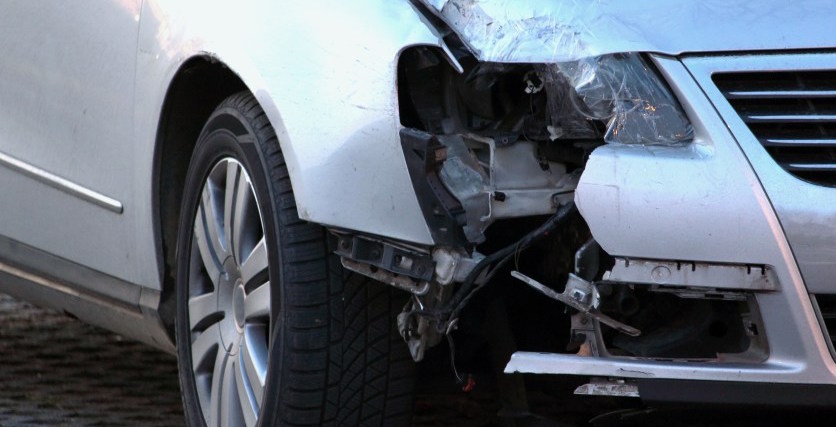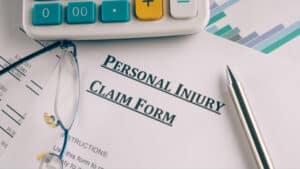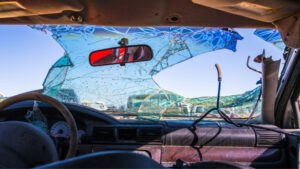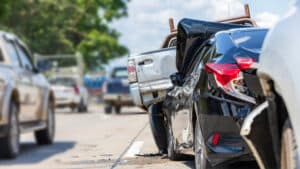
This week’s question comes from Zach L from the Castro: “I was recently hit by a car that ran a red light on Mission Street at the intersection of 19th St. I just bought the car that I was driving two days earlier and I had yet to purchase insurance. I broke my arm. The police found that the other guy was a fault and although I didn’t do anything wrong I’ve been told that I can’t recover for my pain and suffering because I didn’t have insurance on the car at the time that I was hit. Is this true? This doesn’t seem fair.”
Zach, I’m sorry to hear about your collision. Although you did nothing wrong to cause your injuries, I am sad to say that this may indeed be true.
In 1996, Proposition 213 was approved by the voters. This was an initiative funded by the motor vehicle insurance companies with the specific intent being to cheat innocent people like you out of their lawful right to recover pain and suffering based upon their status rather than their conduct.
Proposition 213 (Cal.Civ.Code § 3333.4) states that in any action to recover damages arising out of the operation or use of a motor vehicle, no person shall recover non-economic losses to compensate for pain, suffering, inconvenience, physical impairment, disfigurement, and other nonpecuniary damages if the injured person was the owner of a vehicle involved in the accident and the vehicle was not insured.
At this time might be saying “but wait, I’m not a fault so what does it matter if I have insurance or not? How could a law like this ever get passed?”
Well Zach, your instincts are absolutely correct. It should not matter, under these circumstances, where you are not at fault, whether or not you had insurance.
This law was passed through the initiative process. The insurance companies spent millions of dollars to, essence, perpetrate a fraud on the citizens of the State of California.
They sandwiched their real intent, saving money by not having to pay pain-and-suffering damages for legitimate claims, by framing their initiative so as to deny pain-and-suffering recovery to drunk drivers and fleeing felons.
The insurance interests didn’t give a damn about paying pain-and-suffering damages for drunk drivers or fleeing felons (a rare or nonexistent phenomena) they just wanted to save hundreds of millions of dollars by not having to pay legitimate claims to people, like yourself, who did not have insurance yet were harmed by no fault of their own.
So, as a general rule, if there is not proper insurance on the vehicle at the time of the collision the at fault party can escape payment for noneconomic damages for pain-and-suffering yet they remain responsible for payment of any past and future economic damages such as property loss, medical bills, lost wages etc.
The courts have ruled that “although driving is included within the concepts of operation and use of a vehicle, operation is a broader concept than driving and does not require that the vehicle being motion or even have the engine running.” (Cabral v. Los Angeles County Transportation Authority (1998) 66 Cal.App.4th 907.)
To show you how unfair this law truly is, it has been applied to people who were stopped, parked, putting chains on their car, loading and unloading of a truck and/or people who were entering or exiting a lawfully parked vehicle. In many of these instances the car was not even turned on.
As with any law, the appellate courts have been called upon to review various scenarios and have established several exceptions to this draconian general rule. For example, Civil Code Section 3333.4 does not apply when the operator is driving their employer’s uninsured vehicle or if the incident occurred on private property.
Likewise, in situations in which the owner of the vehicle did not have insurance on the car but the operator had insurance on their personal vehicle which would provide them with coverage while driving a borrowed vehicle, they would be considered insured so as to receive the full measure of their damages.
Zach, if you own another car or this car was replacing another vehicle that you owned/traded in, (which was insured) check with your insurance broker as many policies of insurance provide a 10 to 30 day window where a new vehicle is automatically covered under the old policy.
Given the complexity of this particular law, I suggest you contact a qualified trial lawyer to review the situation to see if one of the many exceptions applies to you.
To everyone else, make sure that you have insurance on your vehicle. Not only will it protect you should you harm someone else, it will allow you to be fully compensated when you are harmed by another.
This article was written by Chris Dolan and published by The San Francisco Examiner. To read all of Chris’ articles on the law published by the Examiner click here.










